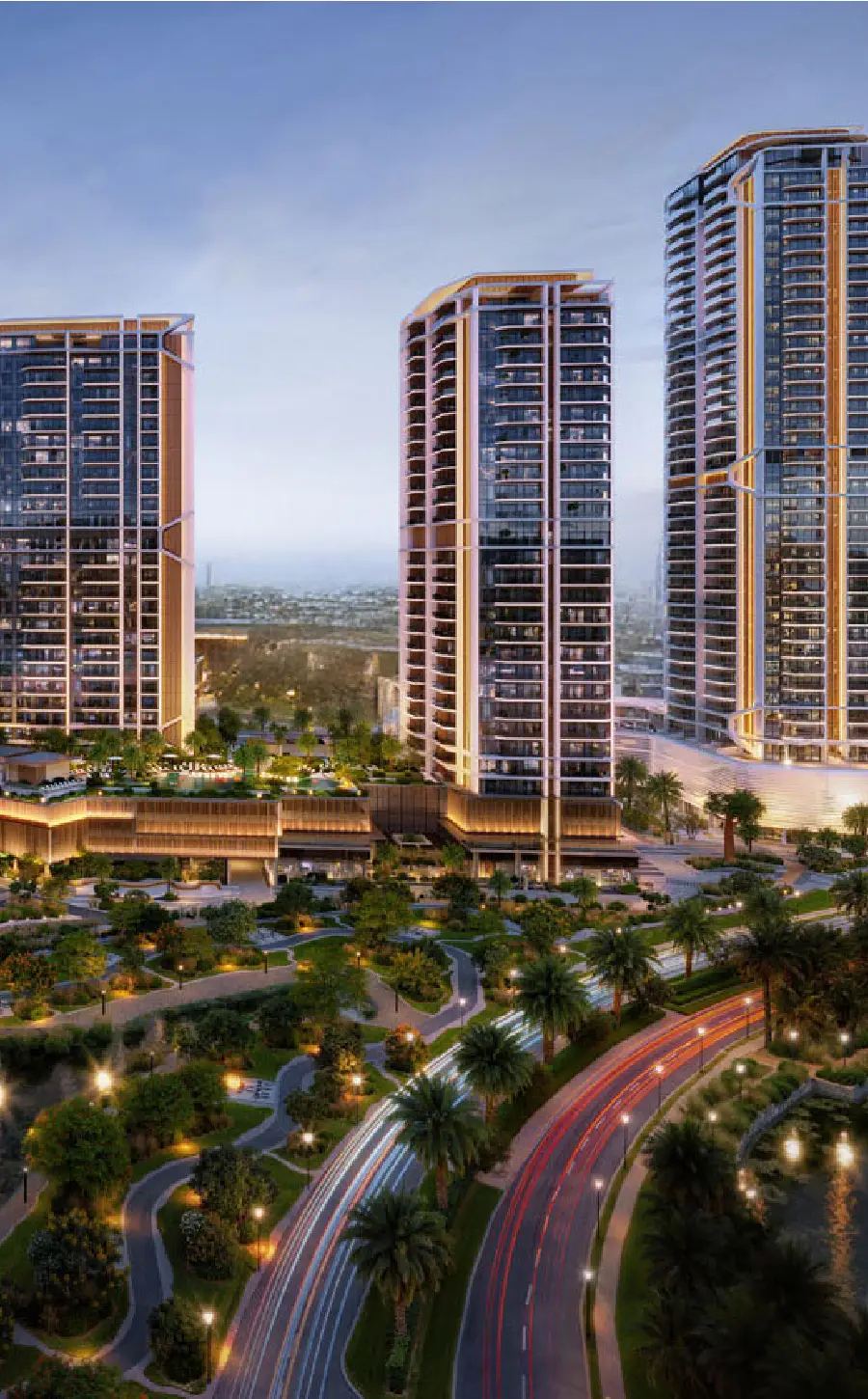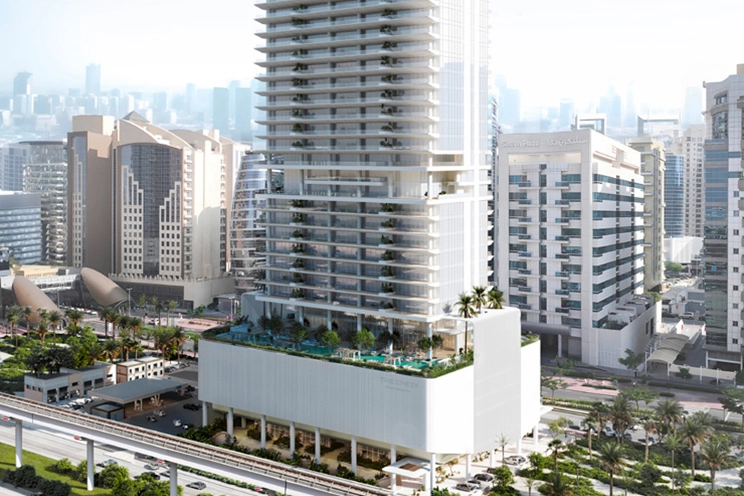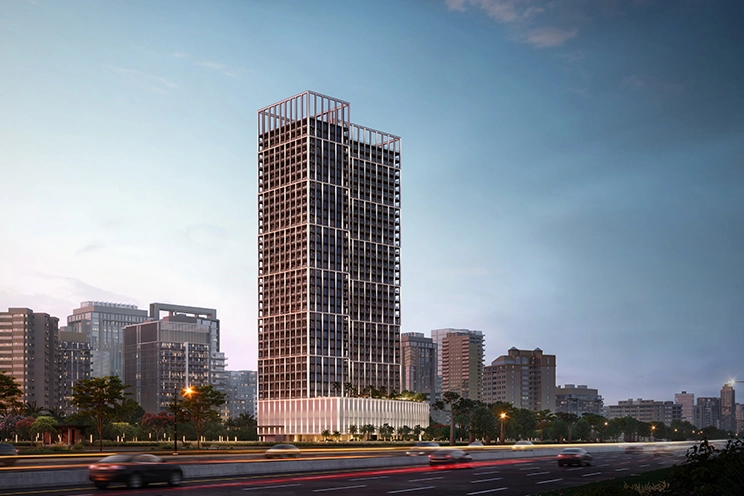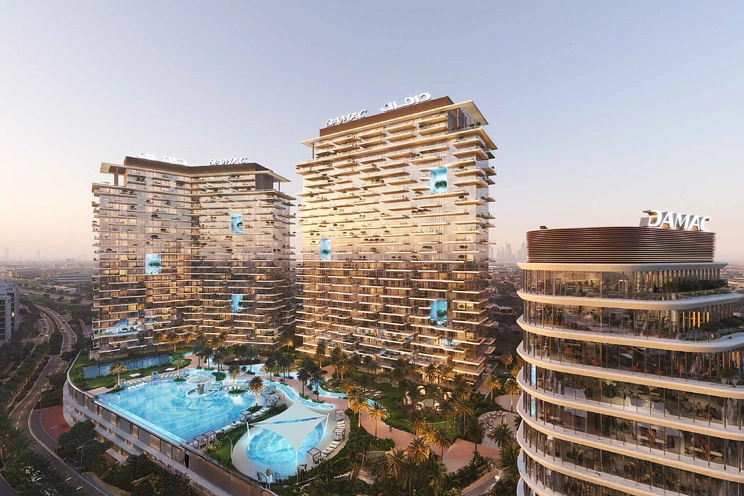Real estate regulations in Dubai vs. Abu Dhabi - Key differences
Property advice | 26.09.2025 | Benham and Reeves UAE

For buyers or investors, the dilemma of choosing between Dubai and Abu Dhabi for property investment has always been the case! While both cities are only an hour apart, their real estate laws are poles apart- a major difference that could shape your rights, risks, and returns. Both Dubai and Abu Dhabi dominate the UAE property market, but their regulations on ownership, property buying, registration, and investment aren’t really the same.
Right from who can buy to what buyers should look for in Abu Dhabi properties, the UAE property laws play an integral role in defining your opportunities and challenges.
Key differences at a glance

For High Rental Yields & Flexibility (Dubai): Offers more widespread freehold ownership for foreigners in designated zones. The market is faster-paced with higher potential rental yields, but transfer fees are typically higher at 4%.
For Stability & Sustainability (Abu Dhabi): Focuses on long-term, stable growth in family-friendly communities. Foreign ownership is restricted to specific investment zones. Fees can be as low as 2%, and there’s a strong regulatory emphasis on green building standards.
To understand the wider aspect, let’s know the rules and regulations for both these cities:Dubai vs. Abu Dhabi: Rules for foreign ownership

As an overseas buyer, you have some wide property rights for new homes in Dubai. You can buy freehold homes in specific areas or go for long-term arrangements like leasehold and usufruct agreements that can last for 99 years. In addition to this, Dubai Land Department and RERA add an extra coat of transparency, keeping developers, brokers and rental agreements in check.
Whereas Abu Dhabi takes a more cautious approach. Under the current Law No. 19, expatriates can own apartments and villas, but not any kind of land, for up to 99 years in designated investment zones, such as Yas, Saadiyat, and Al Reem. Buyers also get the option of renewable 50-year usufruct or musataha rights.
Property registration & legal frameworks compared

In Dubai, the Land Department issues property titles and keeps all property records. For off-plan properties (those still under construction), sales are initially registered in an interim system known as Oqood, that serves as a pre title deed. On completion of the property and while handing over, buyers receive the official title deed and transfer of full ownership rights.
New homes for sale in Abu Dhabi are subject to mandatory registration. Agreements such as usufruct, musataha, and even long-term leases of more than four years must be registered with the Department of Municipalities and Transport. This ensures transparency and gives buyers and investors a clear legal framework to rely on.
Off-Plan sales protections
In Dubai, the system is very investor-friendly. When purchasing new or off-plan homes in Dubai, buyers are well protected. Payments are deposited into escrow accounts, and strict regulations are in place to mitigate speculative risks; a system introduced following the 2008 market downturn.
Abu Dhabi has also stepped up its safeguards in recent years. If a developer wants to cancel an off-plan contract, they must follow a straightforward process: send a formal notice, inform the authorities, and try mediation before moving to termination. In such cases, buyers are entitled to a proportional refund of their payments and still have the right to take legal action if needed.
Sustainability & urban planning
Residing in Dubai gets you access to bold skylines and an energetic city charm, whereas Abu Dhabi adopts a more eco-conscious way. Through its Estidama initiative, the city uses the Pearl Rating System to ensure all new buildings meet green standards, and the private projects must achieve at least one pearl, while government project needs to achieve two. This approach signifies Abu Dhabi's take on sustainable growth and long-term environmental balance.
For buyers and investors, these sustainability rules not only give you high confidence but also ensure long-term value in the real estate market. While also opening doors for modern and future-ready homes.
Taxes, fees & financing
| Factor | Dubai | Abu Dhabi | Typical Payer |
| Transfer fee | 4% of the property value | 2% of the property value | Shared (Dubai), Buyer (Abu Dhabi) |
| Mortgage registration fee | 0.25% (capped at AED 1.5M) | 0.1% | Buyer |
| Additional costs | VAT on commercial leases; 9% corporate tax on property sale gains (unless exempt) | VAT on commercial leases; 9% corporate tax on property sale gains (unless exempt) | Buyer/Company |
At the end of the day, both Abu Dhabi and Dubai bring their own strengths to the UAE real estate market. Dubai is known for its flexibility, global appeal, and strong rental yields, while Abu Dhabi shines with its stability, sustainability, and family-friendly lifestyle. Understanding the real estate regulations in Dubai vs. Abu Dhabi, and how they align with your long-term investment goals is crucial.
That’s where Benham and Reeves UAE steps in. With decades of experience and deep market insights, we guide you towards the right property choice. Schedule your free consultation with our UAE property experts to find the right investment for your goals
View all posts by Benham and Reeves UAE








